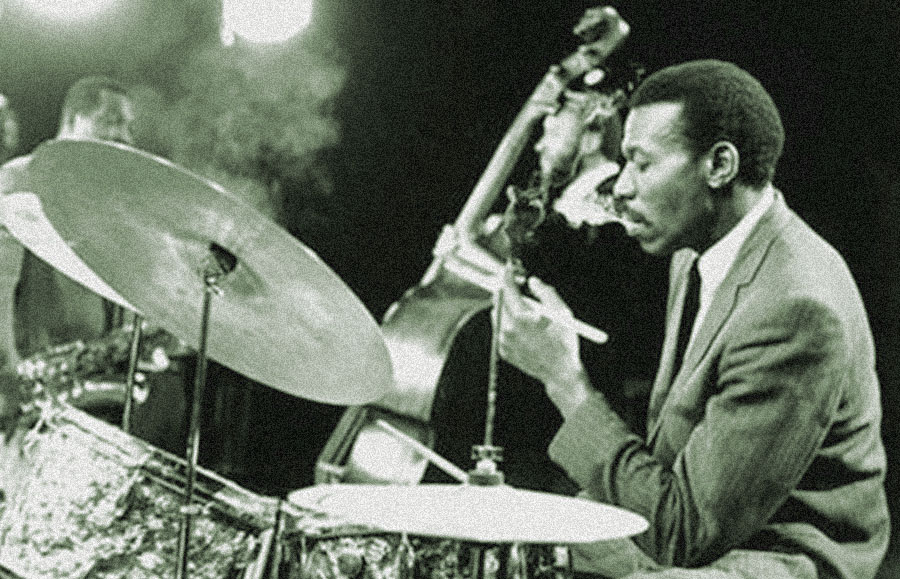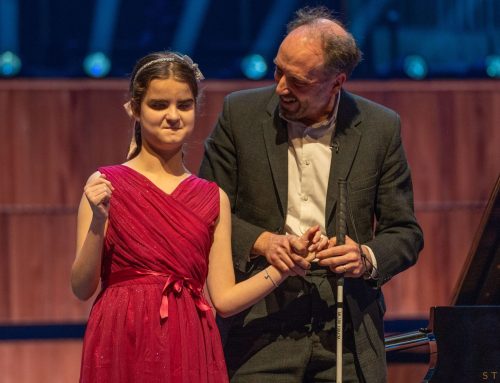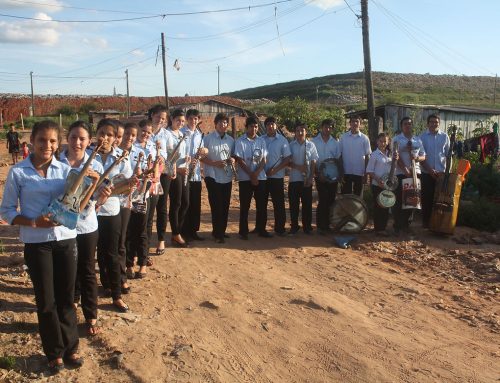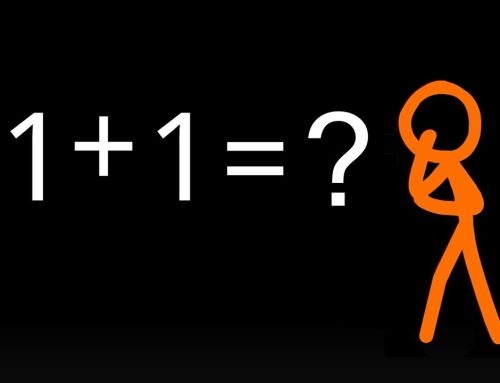How can one teach somebody “to be oneself” or how to speak “J a z z”?
 Recently I read an article called “Jazz workshops in the 21st century” by Dave Douglas (a great musician by the way!). The article had an interesting perspective and it helped me to understand why I don’t play and listen to Jazz music as much as I used to.
Recently I read an article called “Jazz workshops in the 21st century” by Dave Douglas (a great musician by the way!). The article had an interesting perspective and it helped me to understand why I don’t play and listen to Jazz music as much as I used to.
To define what Jazz is these days is a difficult task. Lately I find people’s description fading from “elevator music” to “inspiring new music”. I like the definition in Douglas’s article, “Jazz is about being yourself”. Looking closer at the idea of teaching Jazz, in my experience I can answer questions students have, offering concepts and ideas, yet teaching somebody “to be him or herself,” is in my opinion, impossible and the wrong approach in itself.
Studying music is about learning the given laws of harmonization and rhythms as well as how to combine instruments and frequencies. Understanding music is a process that takes time and practice. Is it possible to play Jazz, when you have studied it or visited a workshop? You can follow or use the given laws you have learnt, but from this I doubt that you are able to play or compose it!
Looking at the technical abilities musicians possess these days I think there are more incredible players out there than ever before. Looking at the evolution of today’s Jazz music and the possibilities we have, compared to the past there is very little change.
The focus on learning and practising “the laws of music” is so strong that there is very little time spent on creating and experimenting, thereby missing the essential facilitation of space for the most important thing, inventing something new.
If I had the chance to go back in time, I wouldn’t do a single workshop again! I would save the money I spent on these sessions and directly pay the artist I admire the most to get a lesson or two. I may get brutal feedback, but this is the kind of experience which enables growth and insight into understanding yourself.
Jazz to me is about making “mistakes” and being free to find new techniques and approaches, until suddenly your very own style breaks through the surface. Are people afraid of making errors these days? Jazz compared to classical music should be the freedom to explore boundaries without fear or shame to play a wrong note. When I go out to see a jazz gig at Ronnie Scott’s, it feels more like going to a “well conceived late night show” with all this “schnick schnack” around. No wonder young artists feel pressured by the expectations that have been created, “the must know” knowledge and fixed ideas out there, about how music should be. I find it’s an incredible time we live in, but for the good for the music we need to redesign the way of teaching, and the way we hand over music knowledge to the next generation.
Should we wish to really support the upcoming musicians, the number one priority for established artists and teachers should be to help create opportunities for the newcomers to perform and play their very own musical visions. Following generations need more opportunities and the encouragement to explore actively their pure ideas of music.
I asked students at a workshop some years ago, how many gigs they play a year and how much time they spend educating themselves musically. Hearing their response, I felt like there was far too much focus on reaching a certain “level of ability” rather than doing what they want to do — playing music.
We have access to a ridiculous amount of knowledge and teaching facilities all over the globe. We need to go back to the time where people played music by listening to each other and having time to “be and explore themselves”.
Yes, learning and understanding the language of music is necessary. Digging deeper in the theoretical world is something that can be very exciting, and I agree that if you want to break rules it is good to know them. Although, as I already mentioned, we need to encourage musicians to be different, to experiment and feel safe to let loose and go crazy.
Every music style, especially Jazz should be about presenting our self, but especially in what we all love to call Jazz. We should not simply hear somebody’s voice and personality, we should hear THEM screaming out in the world, and listen to THEM surfing their own sound wave. I really wonder what John Coltrane would say about the way we approach Jazz today. Teaching modern harmonization and composing yes, but teaching Jazz — well, I guess we will listen to the future soon.



